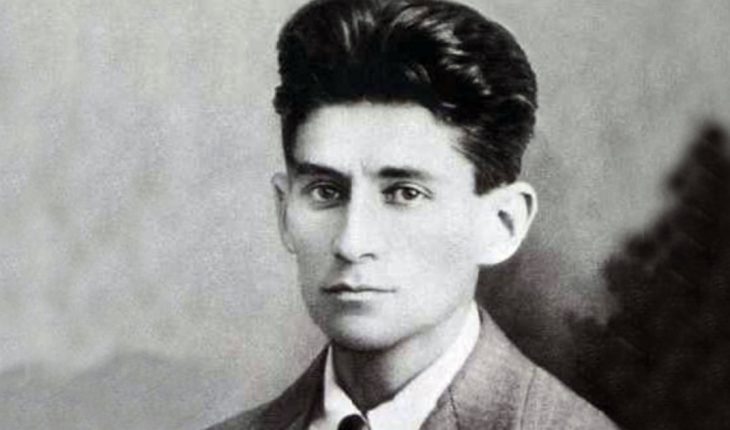After half a century the National Library of Israel managed to obtain the rights to publish the work of the Czech writer Frank Kafka. “Israel’s Franz Kafka National Library is now online for the first time, after an intense process of conservation and restoration of work, cataloguing and digitization for years,” the institution announced in a statement. The collection, he said, includes some 120 drawings, more than 200 letters addressed to his friend, the writer Max Brod, and the original of his literary will in which he asked him to burn all his writings. The works were preserved thanks to the disobedience of Brod, who in 1924, after Kafka’s death, decided to preserve the work of his friend. In 1939, the author left Czechoslovakia, which was then occupied by the Nazis, and settled in Tel Aviv. In his luggage he carried the writings and drawings of Kafka that he published in the following years making his colleague one of the referents of the classical literature of the twentieth century. In 1968, after Brod’s death, the dispute over the rights to the work began and the controversy involved several countries, the university environment, the heirs of both Kafka and Brod. 51 years passed and in 2019, following a ruling by the Swiss justice, a part of the archives that were in a safe in Zurich were handed over to the National Library of Israel, based in Jerusalem.Much of the documents that will now be available online had already been published by Brod. This is the case of “Wedding Preparations in the Countryside”, considered Kafka’s first unfinished novel.However, the filing cabinets that worked in the Library promise unpublished works: these are drawings of the author without signature or date and a blue notebook in which Kafka had written in Hebrew, which bears his initial ‘K’, which was his usual signature. In that notebook, for example, there is a text dated 1920, in which Kafka asks his Hebrew teacher not to get angry about errors in his exercises. The digitization was carried out by the photographer Ardon Bar-Hama and was sponsored by the entrepreneur George Blumenthal.
translated from Spanish: Much of Frank Kafka’s work will be on view online
June 2, 2021 |




